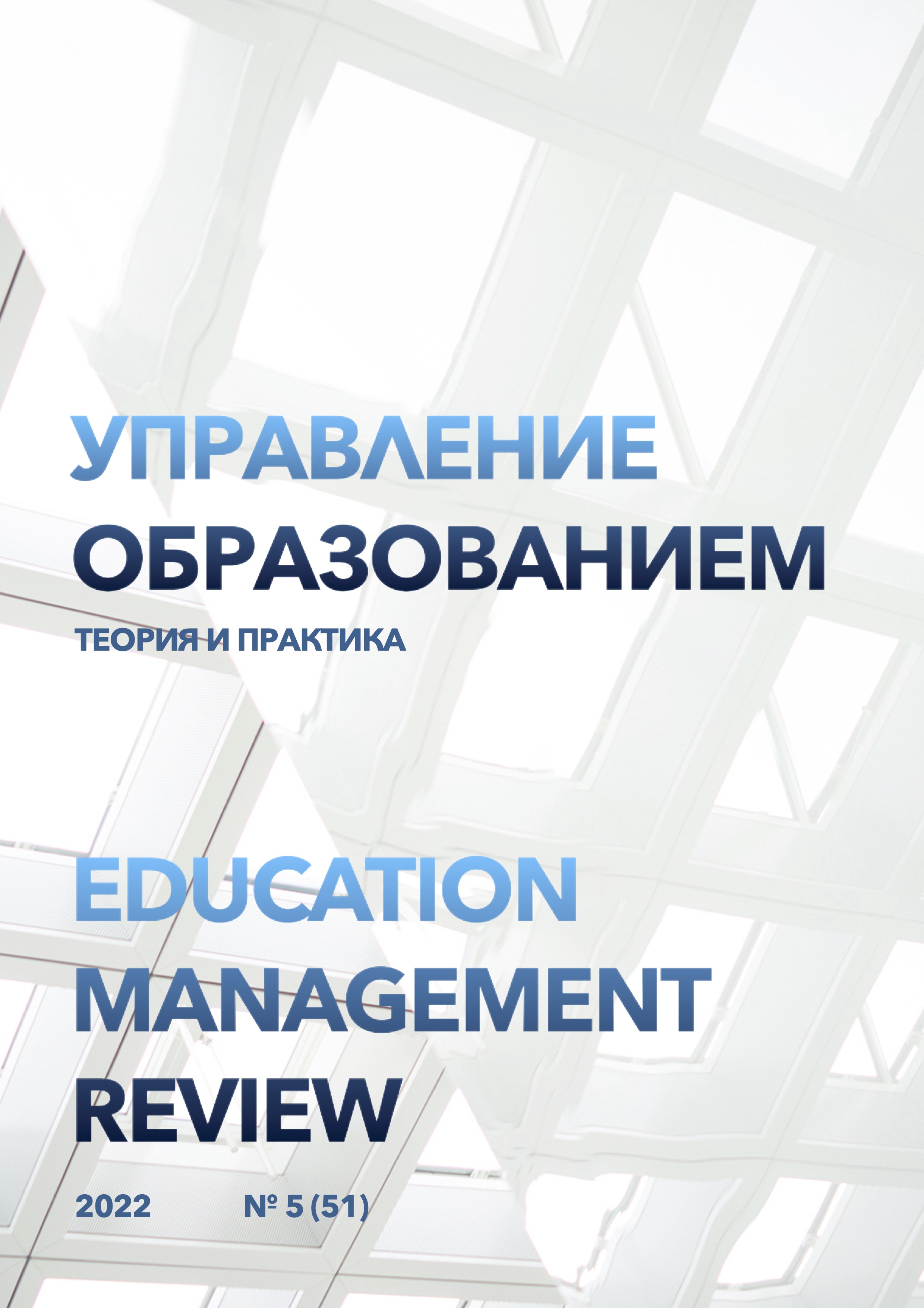Methodological foundations for the construction of secure, dependable information systems for distance learning of higher educational institutions
DOI:
https://doi.org/10.25726/a0841-1021-7964-i%20Keywords:
university, information security, cybersecurity, protectionAbstract
The issues of automation of business processes at the university, in particular, information technology support for distance higher education for the past 30 years have been the subject of many studies and heated discussions of scientific and pedagogical workers, as well as the object of special attention from society. At the same time, developments in recent years related to the spread of quarantine measures in connection with the COVID-19 pandemic indicate that during the first three months of quarantine, there was a limited readiness of educational institutions, in particular secondary education, to effectively conduct a full-fledged educational process. Successes in this direction at the university are insufficiently covered in scientific publications, but the author's own experience of teaching a number of academic disciplines at the university indicates that the achievements of victorious officials are somewhat exaggerated. It should be noted that the vast majority of problematic situations known to the author in educational institutions associated with the use of a large number of different software platforms focused on e-learning are primarily due to their incomplete compliance with the educational process, which is defined by laws, as well as insufficient attention on the part of developers regarding the requirements for information protection and cybersecurity.
References
Бондарев В.В. Введение в информационную безопасность автоматизированных систем: учеб. пособие. М., 2021. 252 с.
Введение в информационную безопасность: учеб. пособие для вузов / А.А. Малюк, В.С. Горбатов, В.И. Королев, В.М. Фомичев, А.П. Дураковский, Т.А. Кондратьева. М., 2018. 228 с.
Верещагина Е.А., Жукова Т.А. Edutainment как современная технология обучения иностранных студентов средствам выражения субъективной модальности в русской речи // МНКО. 2019. №5 (78), с. 10-13.
Дьяконова О.О. Понятие «Эдьютейнмент» в зарубежной и отечественной педагогике // Сибирский педагогический журнал. 2012. №6. С. 182-185.
Ищейнов В.Я. Информационная безопасность и защита информации. теория и практика: учеб. пособие. М., 2020. 272 с.
Клековкина А.А., Самигулова Р.З., Абдулкадыров А.С. Основы построения региональных инновационных систем в России // Региональные проблемы преобразования экономики. 2014. № 10. С. 115-122.
Клименко И.С. Информационная безопасность и защита информации: модели и методы управления. М., 2021. 180 с.
Кобзева Н.А. Edutainment как современная технология обучения // Ярославский педагогический вестник. 2012. №4. С. 192-195.
Мельников В.П., Куприянов А.И. Информационная безопасность: учебник. М., 2021. 272 с.
Морозова О.Н. Информационные технологии как средство повышения качества обучения магистров // Инженерный вестник Дона, 2017. №2. ivdon.ru/ru/magazine/archive/N2y2017/4191.
Новиков В.К., Галушкин И.Б. Информационная безопасность и защита информации. Организационно-правовые основы. М., 2019. 312 с.
Остапенко А.Г, Паринов А.В., Калашников А.О. Социальные сети и деструктивный контент. М., 2018. 274 с.
По данным Statista.com, число отправляемых писем через электронную почту ежегодно вырастает, для примера: в 2018 году было отправлено 281 млрд . http://emailexpert.ru/novosti/v2020-godu-kazhdyj-den-v-mire-budet-dostavlyatsya-306-milliardov-email-pisem
Что такое фишинговые атаки? https://www. trendmicro.com/ru_ru/what-is/phishing/phishingattacks. html
Nalan Aksakal Theoretical View to the Approach of the Edutainment // Procedia - Social and Behavioral Sciences, Vol. 186, 2015, pp. 1232-1239.




